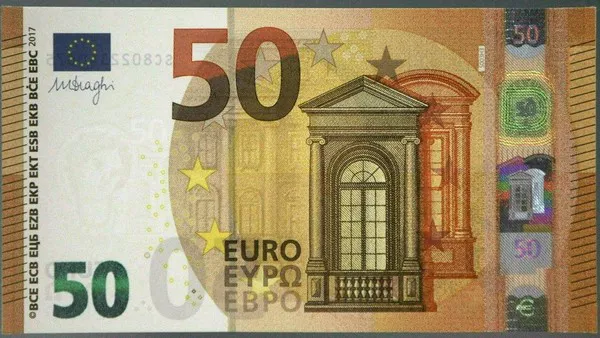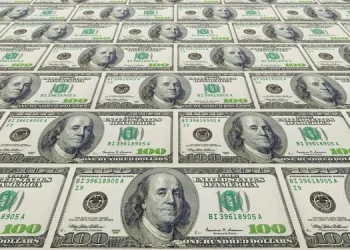The development of every market comes from competition.
Competition between banks brings the greatest benefit to customers is reasonable and fair offers.
The trading body of the retail market is like a big tree, the big international banks are like the backbone, and the other players are more like branches and leaves.
For individual investors, the interbank market is a source of trade quotes and a place for foreign exchange brokers to hedge their positions.
Investors have limited trading positions and the interbank market is not directly open to them.
In general, the main players in the interbank market are the largest mutual funds, hedge funds and large multinational corporations (assets of more than 10 million) in the foreign exchange market, mostly from the world’s top 10 or so banks, such as Deutsche Bank, UBS,
Citi Group, among others.
When it is very favorable for the bank, the bank will consider using the offer to trade one.
However, due to volume and maturity issues, most of the quotes we see on Reuters, Bloomberg and other large electronic trading platforms are agreed or intended prices rather than actual trading prices.
The bank will ensure that the customer’s quotation is generally accepted by the bank.
At the same time, it is easy to adjust external prices immediately, and in terms of volume, it is well below its own local currency risk control limit.
Once the customer’s volume is too high, the trader will tell you another price.
Almost all banks have foreign exchange trading desks, usually with a sales platform and a trading platform.
These departments determine quotes for bank customers: After receiving customer orders, the sales platform obtains quotes from traders and provides them to customers to confirm whether they are trading.
A foreign exchange may be responsible for only one or two master brokers, under which secondary brokers may quote small volumes.
The trading centers of London, New York and Tokyo usually use this structure.
At the end of the trading day, one trading center packages client orders and positions to another center to ensure that client orders are monitored 24 hours a day.
A number of factors determine the price quoted by a bank, including current market prices, trading volume, the bank’s forecast of currency price movements, etc. For quotations in the foreign exchange market, brokers obtain quotations from banks or liquidity providers.
This price is not the original price, but the increase of a certain price difference.
Investors with small capital are even less likely to get the most competitive prices.
In fact, they also need the most reasonable price and the best market price environment.
Note that currency pairs are quoted as prices given by banks and other market makers based on the real-time market in the foreign exchange trading market.
Similar to an electron such as Reuters, it only matches the sum amount quoted by the market maker and the market maker.
Ordinary institutions and individuals struggle to meet the requirements in terms of order size and, as a result, cannot access such electronic trading platforms, let alone trade directly.
We can only accept the quotation of the broker or bank to conclude the transaction with the broker or bank.
British bank of unexpected interest rate rise dollar fell, gold breakthrough 1800, nonferrous iron ore rose.
Please pay attention to the specific operation, the market is changing rapidly, investment needs to be cautious, the operation strategy is for reference only.
























